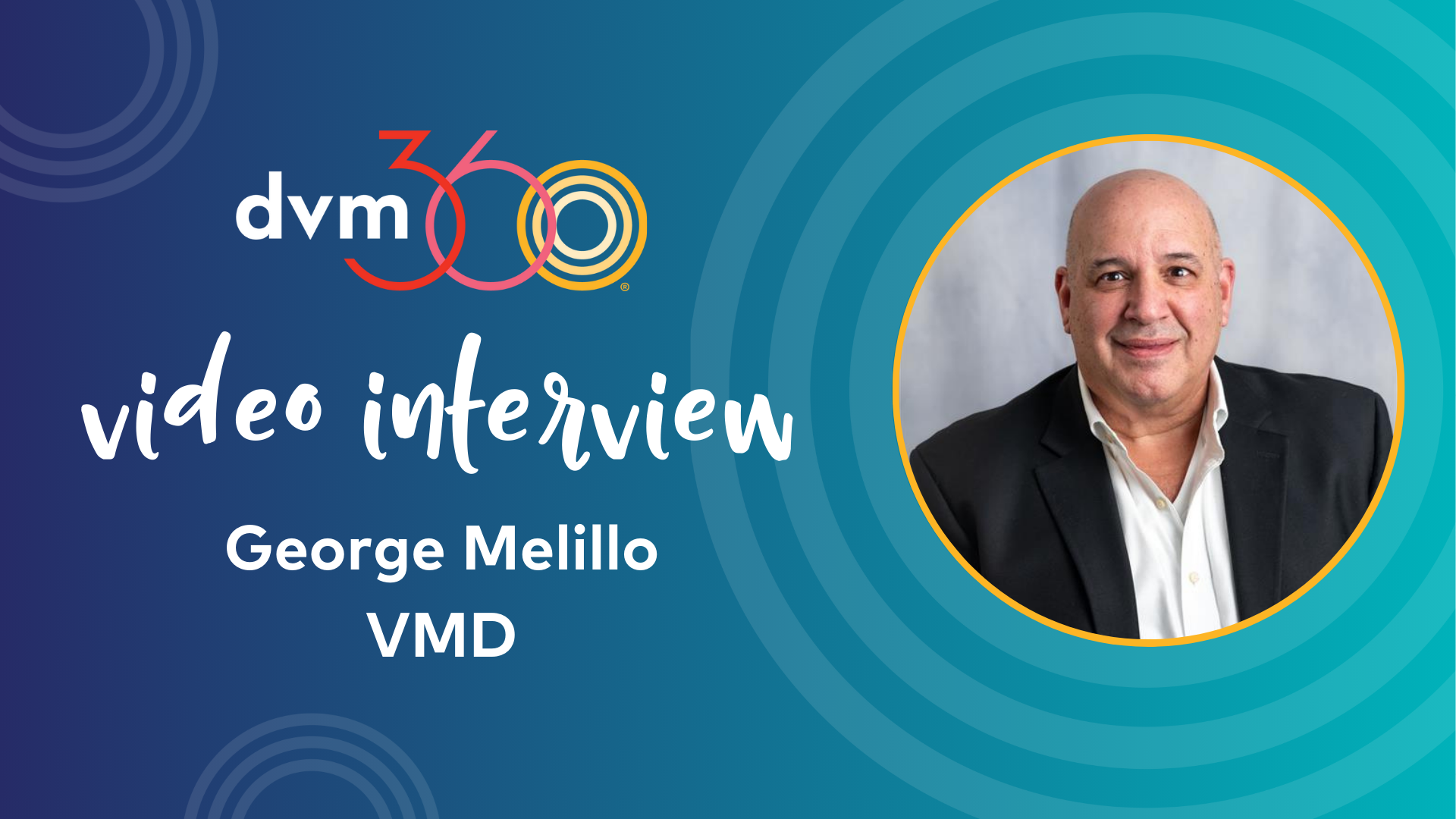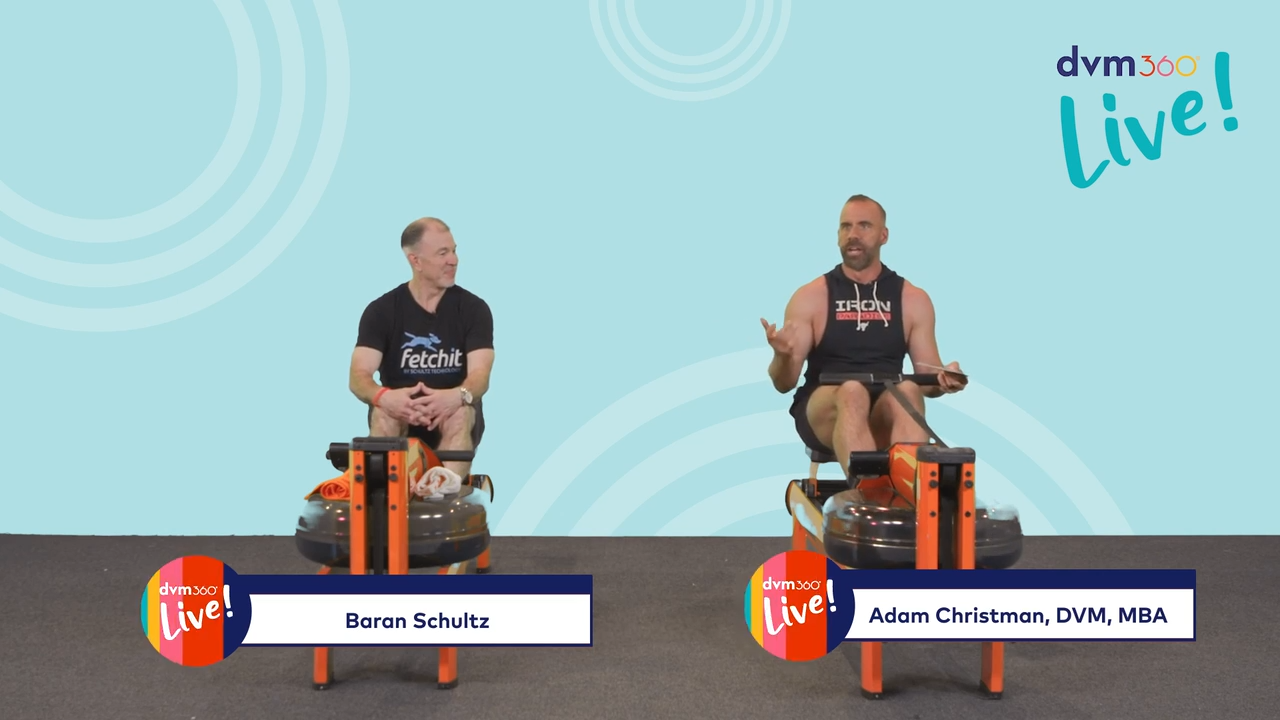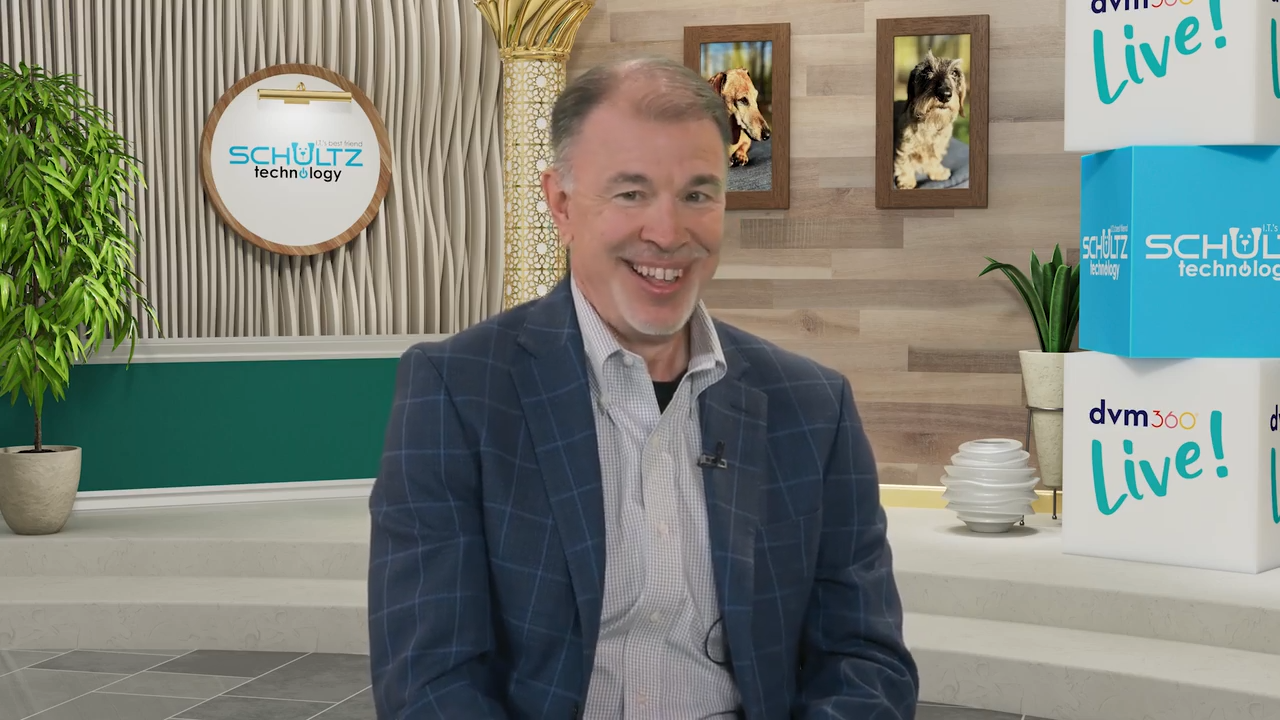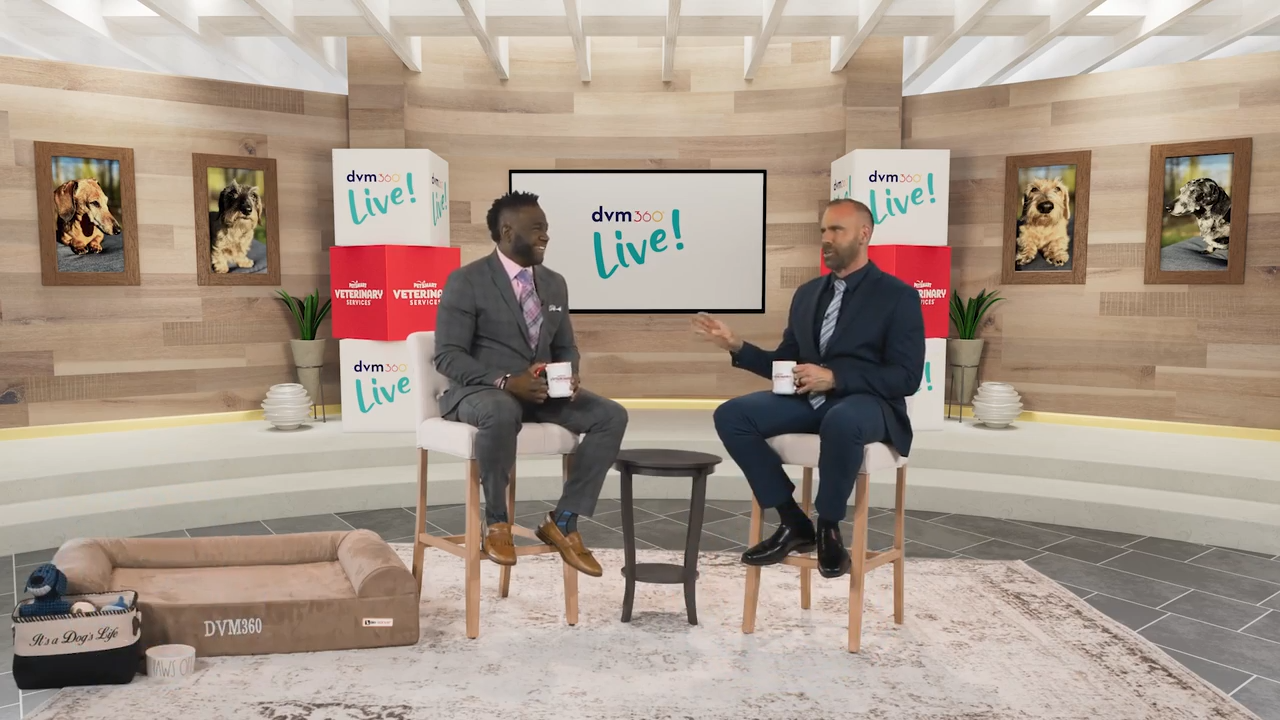Veterinary hospital financing: How to get the funds you need
It may not be the most fun part of the process, but its arguably the most important.

Shutterstock.com
When designing a veterinary hospital, the nitty-gritty details about securing financing are not the most fun part of the process-but they are one of the most important. Because without money, you'll never get to the fun part-the building and decorating of your dream hospital. But what should you consider when looking for financing? HospitalDesign360 conference speaker Gary Glassman, CPA, of Burzenski and Co., shares the most important things to think about.
Start on the right foot
One of the most critical steps in securing funding is getting an appraisal of the building plans, because that's what the bank will use to determine how much to loan for your project. The appraisal is based on the finished architectural drawings, and the loan will be based on a percentage of the final valuation of the project, Glassman says.
He gives this example: If the land was bought for $180,000, and building plans are appraised at $800,000, the total project appraisal would be $980,000. If the bank financing was 80 percent, then the loan from the bank would be $784,000.
You need to find the right appraiser for the job, because veterinary buildings are special-use facilities. Look for someone who's done this kind of appraising of hospitals before, Glassman says.
You also need to think about the costs the bank will finance, he says. Soft costs include architectural fees, engineering and service fees, and legal and accounting fees for your project. Hard costs relate to the actual costs of construction. Under conventional financing terms, most banks won't finance soft costs, but the United States Small Business Association (SBA) will.
What type of financing can you apply for?
There are several types of financing available: conventional financing, SBA financing, SBA 7(a) Guaranty Loan programs and the 504 program.
Conventional financing. This is usually funded through a bank and usually requires a 20 percent down payment. The bank will loan 80 percent of the fair market value of the project based on the appraisal. This loan doesn't cover soft costs. The interest rates can be fixed, but then can turn variable, and are usually based on a common benchmark, such as prime rate, the London Interbank Offering (LIBOR) rate or the Five-Year Treasury Bill rate.
SBA financing. The SBA is a federal agency created to encourage, assist and protect the interests of small businesses. It doesn't offer loans directly to borrowers; instead, it guarantees loans made to borrowers by lenders. Interest rates can't exceed SBA-specified maximums, which are tied to The Wall Street Journal's published New York Prime rate. Depending on the loan's term, interest rates on loans of more than $50,000 are based on the New York Prime plus 2.25 to 2.75 percent. The loans are secured by real estate and other practice assets, such as equipment, machinery, accounts receivable and inventory, and personal assets, such as stocks and bonds, Glassman says.
The SBA can only consider loan applications from small businesses that are unable to obtain reasonable financing from other sources. The lender certifies to the SBA that it won't make the loan without an SBA guarantee, and this certification is accepted by the SBA as sufficient proof that the requested financing is otherwise unavailable, Glassman says.
To offset the costs of the SBA's loan programs to the taxpayer, the agency charges the lender for each loan approved. These fees can be passed on to the borrower once they've been paid by the lender. Certain fees-processing, origination, application, brokerage and other fees that could be charged to an SBA applicant-are prohibited, Glassman says.
Glassman emphasizes that practice owners should be aware of certain disadvantages of SBA program loans. The loan process can be cumbersome unless you're dealing with a lender who has significant SBA loan experience. The loans can also be very inflexible. For example, SBA loans are not easy to restructure, so changing payment terms can be very difficult after the loans have closed.
SBA 7(a) Guaranty Loan programs. The Regular 7(a) Guaranty Loan is similar to other bank financing and is the most frequently used form of SBA financing, Glassman says. These guaranteed loans are mainly used to provide working capital, to assist in the acquisition of equipment and other assets, and to buy real property.
The terms on these loans are negotiated between the borrower and the participating lender, subject to the approval of the SBA.
504 program. Under section 504 of the Small Business Act, certified development companies (CDC) can offer 10- and 20-year loans to small businesses for purchase of land and buildings (including machinery and equipment, professional fees and other soft costs), Glassman explains. A bank or financial institution chosen by the borrower provides 50 percent or more of the project costs secured by a first lien, and the CDC provides up to 40 percent (usually up to $5 million) of the project cost secured by a second lien. The borrower has to provide, at minimum, 10 percent of the cost. The borrower negotiates the terms within these parameters with the financial institution, he says.
The interest rate is a fixed rate, generally a few points more than the rate of U.S. Treasury Bonds at the loan date for the maturity that's chosen. The borrower must also pay fees of about 3 percent of the amount being lent, but these fees can be financed through the loan, Glassman says.
How should you choose a lender?
After you choose a type of loan, you may need to choose among lenders. Some practices automatically choose the lender with the lowest total cost, Glassman notes, but all relevant factors should be considered:
> Lender's size and ability to meet future needs
> Lender's knowledge of the borrower's business
> Lender's speed in making credit decisions (especially when securing a line of credit or other financing that must be renewed)
> Loan officer's status in the organization and the frequency with which loan officers are changed
> Costs and commitments imposed
> Lender's flexibility in responding to special requests.
Do your research before deciding which of these programs will work best for your veterinary hospital project, and always consult with a financial expert on your side (not just the bank's experts).
HospitalDesgin360 is a part of Fetch dvm360. Ready to register? Follow the link below.

You. Can. Do. This!
At Fetch dvm360 conference, we're the support system you need. With every conference this year, we intend to nurture your mind (meaning quality CE for days) while also encouraging you to take stock of your physical and emotional health. Register now.
When cost is a barrier for clients: Navigating financial challenges
May 13th 2025In this Q&A article, Robyn Jaynes, DVM, director of veterinary affairs at PetSmart Charities, shares expert advice on how the veterinary profession can better support pet owners facing financial barriers to care.
Read More











